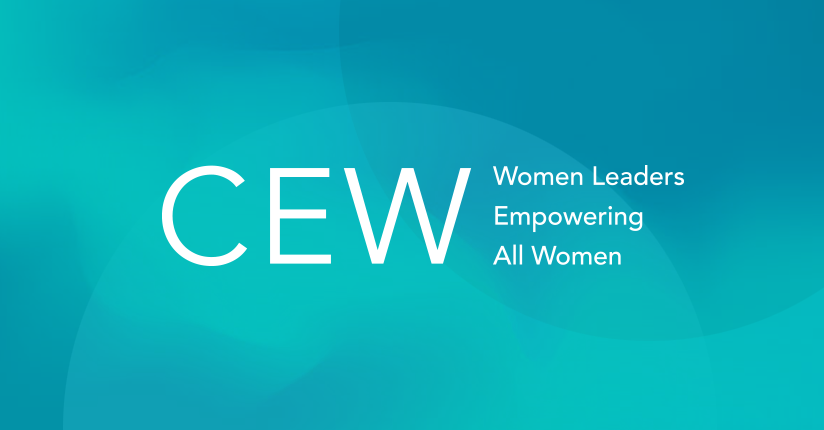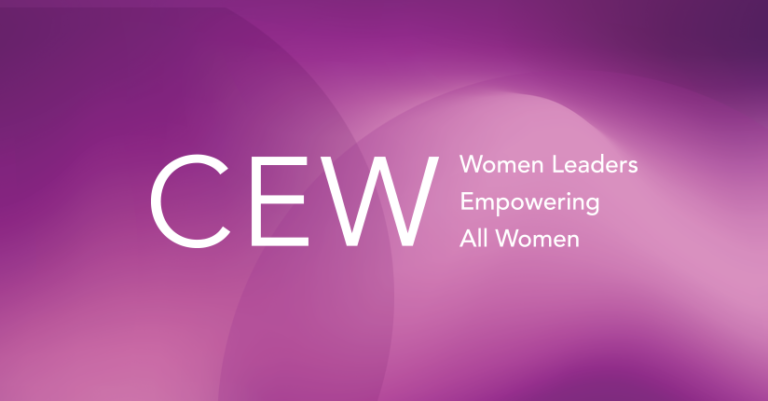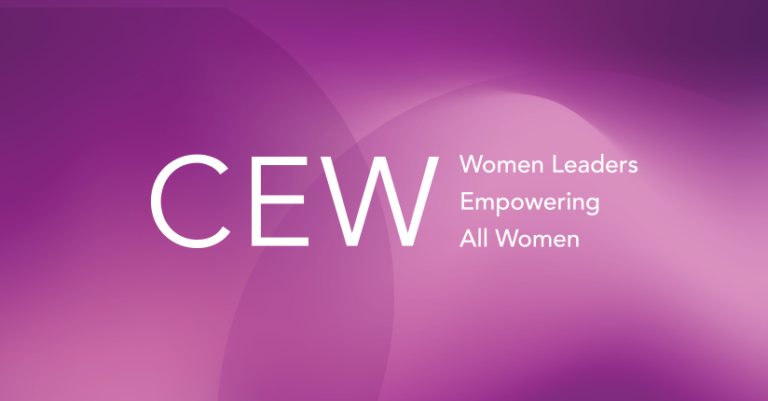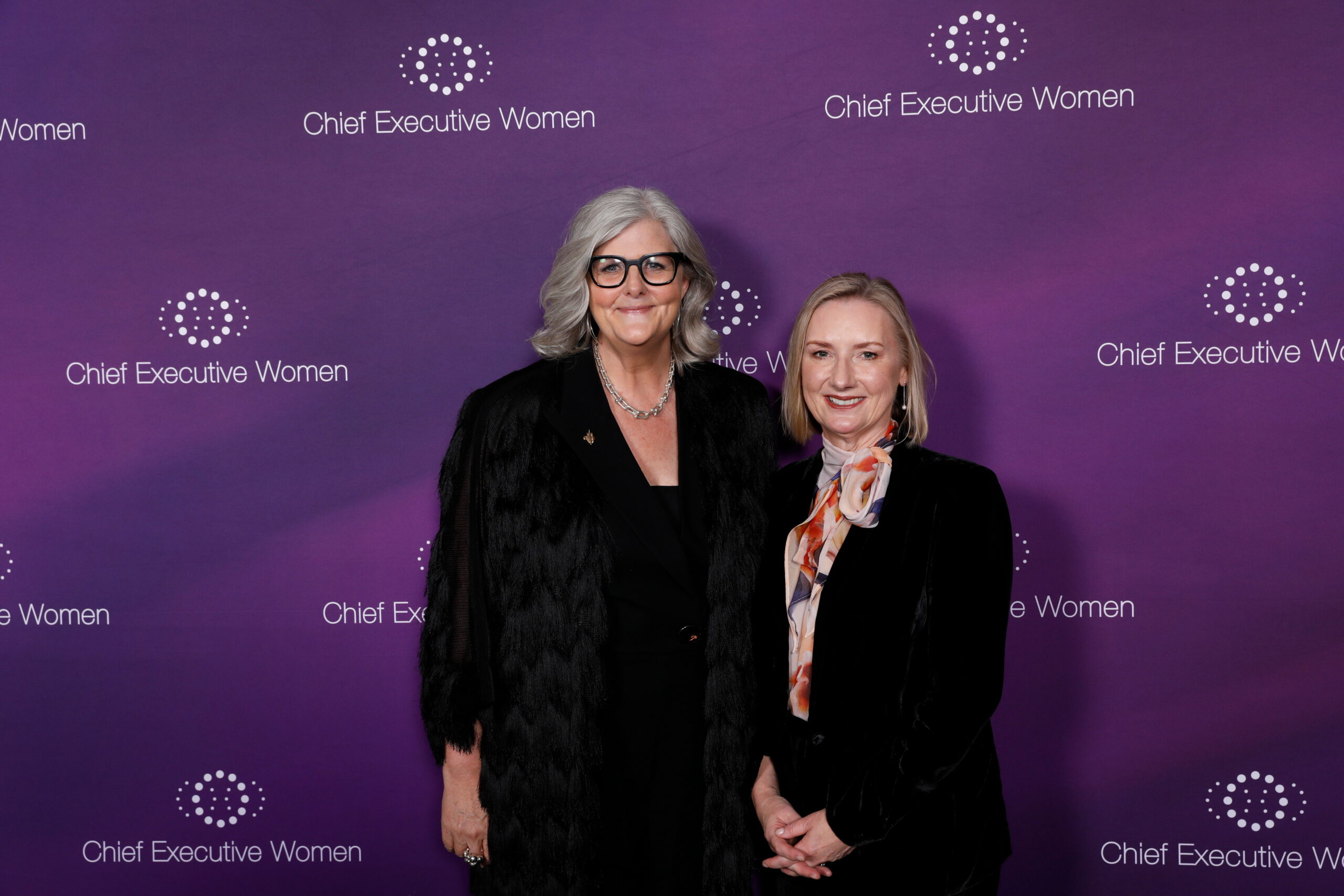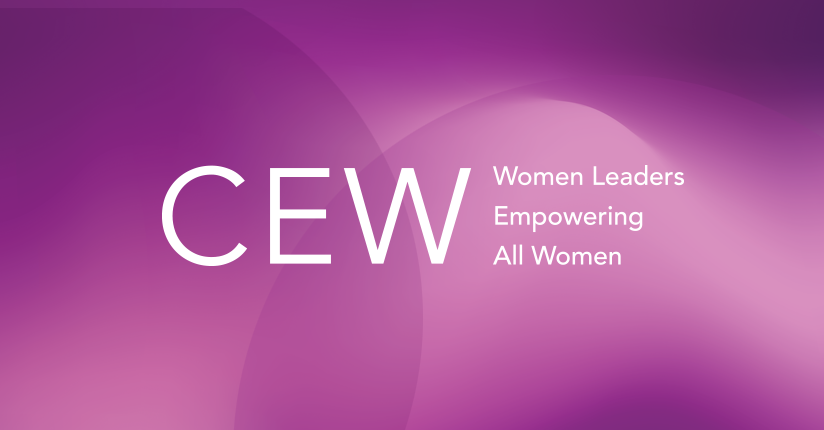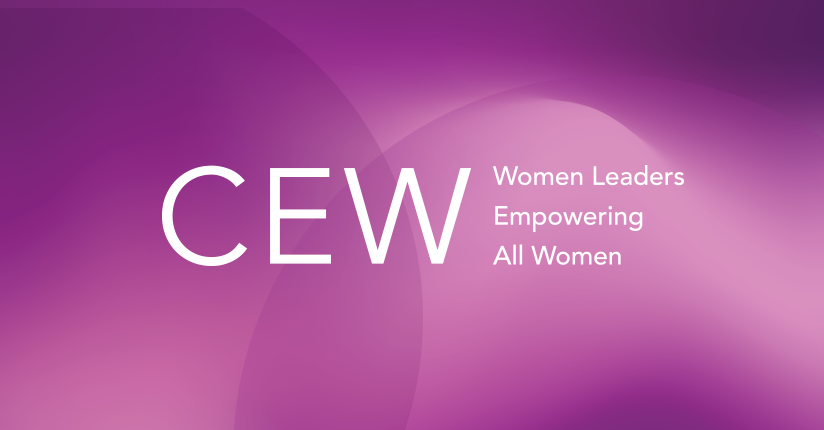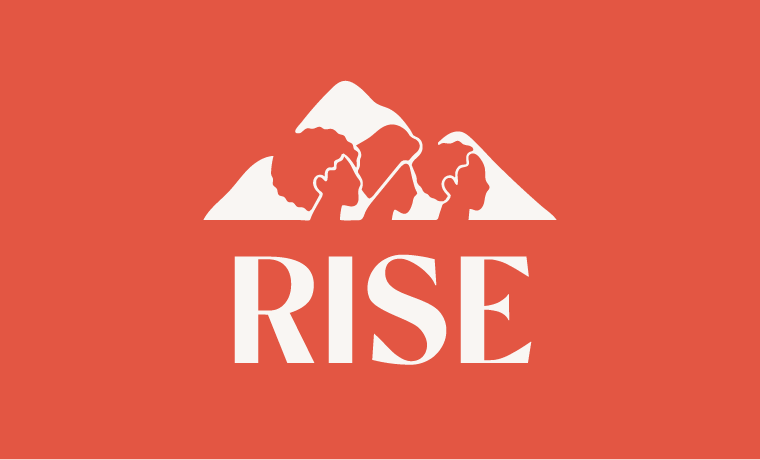
Download media release
CEW welcomes measures including the enhanced Paid Parental Leave Scheme to 20 weeks with both parents eligible, the investment for implementing the new National Plan to End Violence Against Women and Children and the investment in the Workplace Gender Equality Agency, as steps in the right direction.
However, the budget falls short of the significant reform needed to release women into economic participation.
Chief Executive Women President Sam Mostyn AO said “This budget missed an opportunity to deliver long-lasting impact for women and the economy. Targeted, intentional investment is needed to deliver well-paid, secure jobs in the care sectors and to make early childhood affordable for families – a key of cost-of-living pressure that has not been addressed.
“We need to acknowledge that women have an essential role to play. Their underemployment and underutilisation should be a key focus in order to help grow our economy.
“Halving the workforce participation gap between men and women would increase Australia’s annual GDP by $60 billion by 2038. Social infrastructure that enables women’s economic participation must be viewed in the same way we measure infrastructure like roads and construction – an investment in Australia’s future.
“Despite the investment in skills and training and in national skills reform, more needs to be done to address the chronically underpaid, undervalued work of our care industries. These industries are vital to a healthy, functioning economy, but the workers – mostly women – are running on empty.
We need to show care industries the respect they deserve through intentional policy that ensures secure, well-paid jobs. These jobs must provide career progression to attract the workforce of the future – both men and women,
Ms Mostyn said.
CEW welcomes the investment in up to 20 new early childhood centres in rural and regional centres. However, CEW is disappointed that there are no new budget measures to ease the cost of early childhood education and care or address the workforce disincentives in the current Child Care Subsidy scheme.
“This so-called cost of living budget ignores the reality that for many families, early childhood education and care is one of the biggest outgoings in the family budget. Right now, there are women who reluctantly say no to extra days of work simply because of the cost of childcare.
Australia needs to recognise that investment in early education is also an investment in women’s workforce participation. We must build towards a system where all children under five receive universal access to early education. We saw it work early in the pandemic and we know it’s a win for all,
Ms Mostyn said.
CEW welcomes the availability of 20 weeks Paid Parental Leave available to mothers and their partners, noting it is a good start for new parents, particularly single parents.
However CEW advocates for an increase to 26 weeks Paid Parental Leave with a clear use it or lose it component to encourage effective take-up by partners.
Chief Executive Women President Sam Mostyn said, “Unlike the proposed scheme, a ‘Use it or lose it’ approach is a proven way to ensure both men and women are taking up parental leave. Insufficient action on Paid Parental Leave means women will continue to be left behind.”
Expanding the Commonwealth Paid Parental Leave Scheme to 26 weeks shared care would give both parents vital time with their family, while providing a mechanism to increase women’s workforce participation. This would be a real boost to GDP of $900 million a year through increased workforce participation,
Ms Mostyn said.
CEW continues to call on government to implement all 55 recommendations from the Respect@Work report, particularly the positive duty of care for employers under the Sex Discrimination Act.
In addition to the measures above, CEW also welcomes the one-off cost of living tax offset combined with the LMITO, the one-off cost of living payment for pensioners and welfare recipients, and continued investment for women in STEM programs and entrepreneurship.
CEW’s members are among the most senior women leaders from the business, government and community sectors. CEW’s 800 members hold leading roles in Australia’s largest private and public organisations. They oversee more than 1.3 million employees and $749 billion in revenue. Member’s organisations have a combined market capitalisation greater than $1.144 trillion and contribute in excess of $249 billion to Australia’s GDP, which indicates the scope and scale of the impact of our Budget recommendations.

